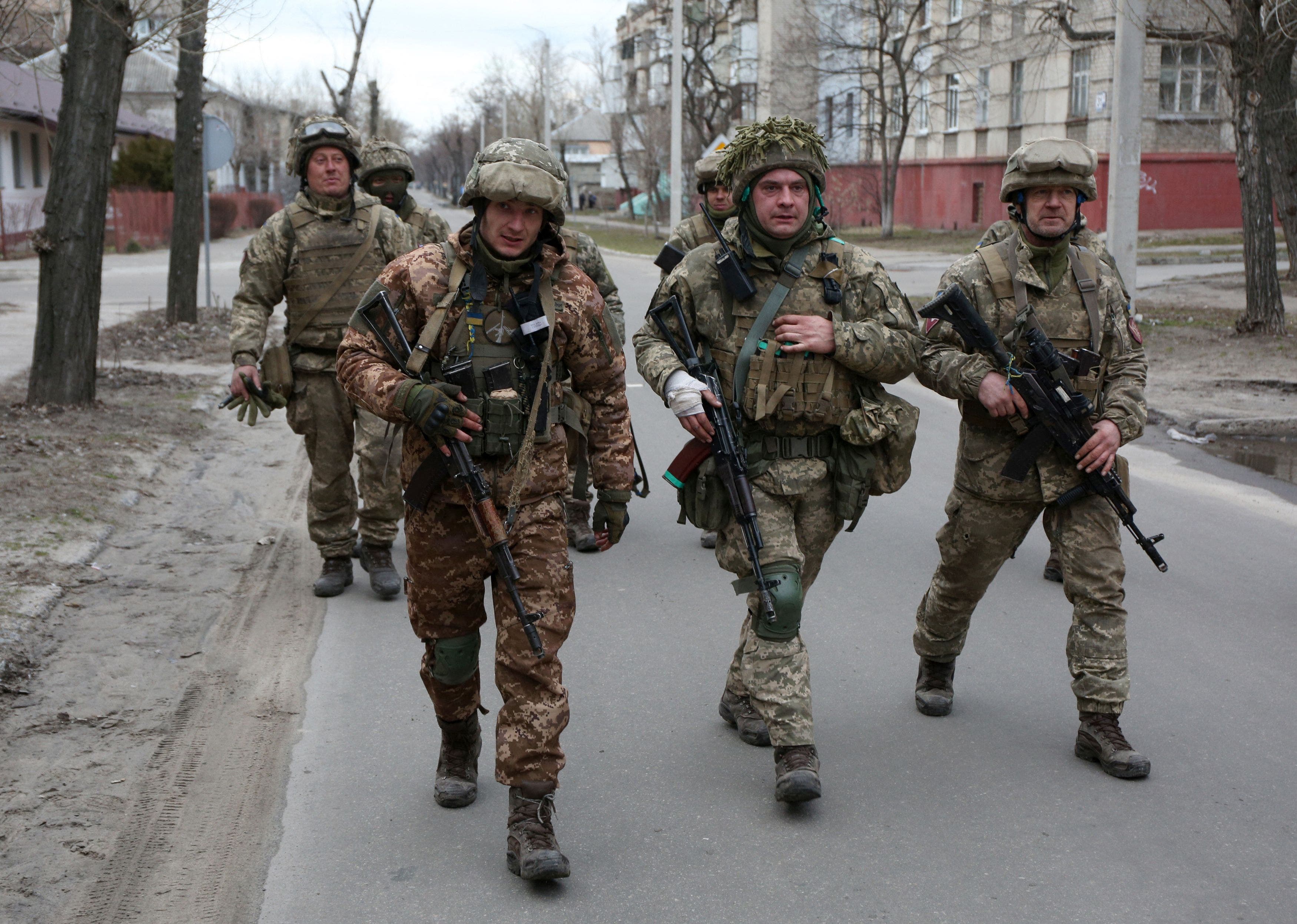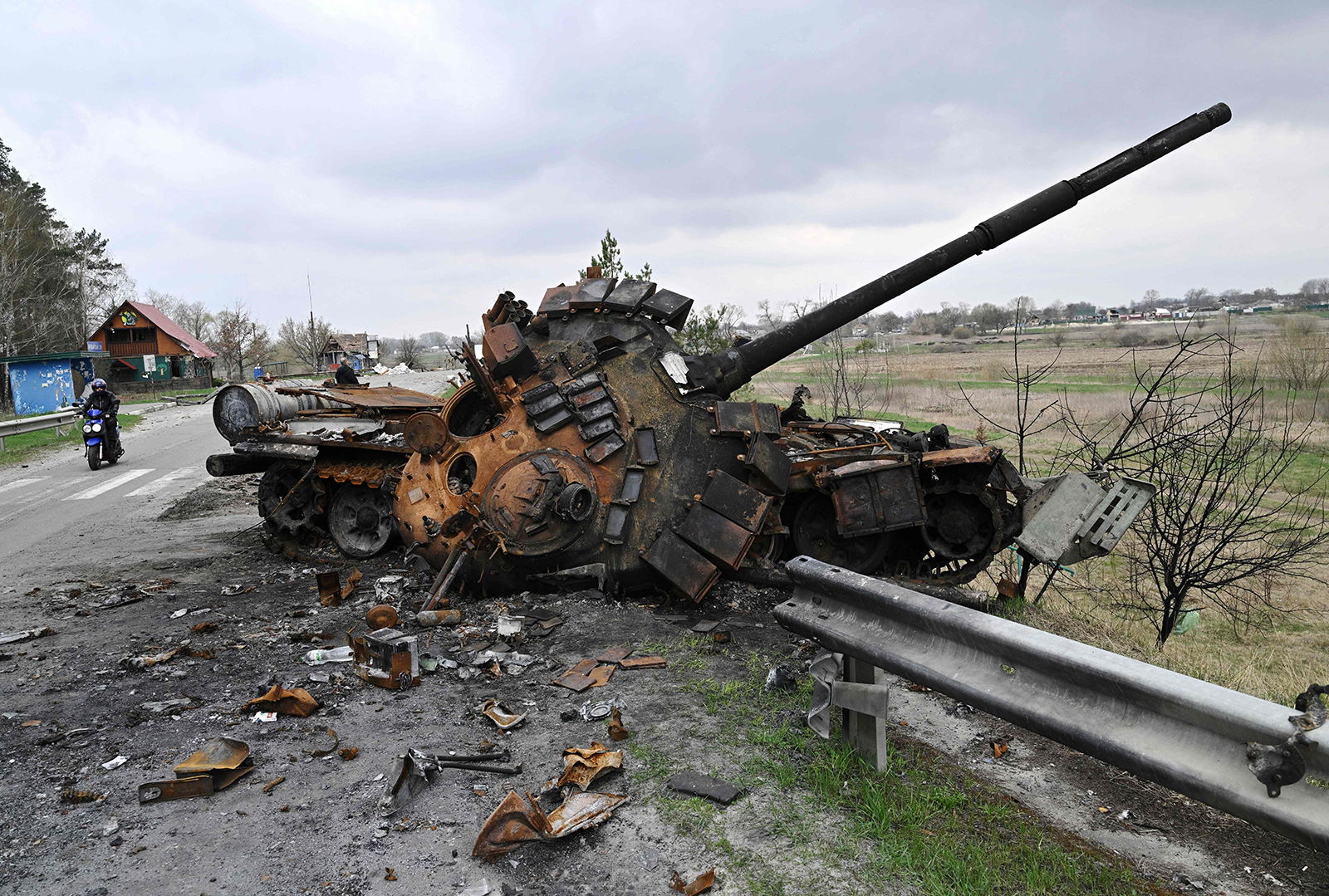Russia-Ukraine Conflict: Historical Context and Escalation

Russia ukraine war russian – The Russia-Ukraine conflict has its roots in a complex history of political, economic, and cultural ties between the two nations. The conflict escalated into a full-scale war in February 2022, but tensions had been simmering for years.
The ongoing conflict in Ukraine, fueled by Russia’s relentless aggression, has sent shockwaves across the globe. Amidst the turmoil, it’s imperative to highlight the diplomatic efforts undertaken by individuals like Glenn Youngkin. His recent visit to Israel, as reported here , exemplifies the crucial role of international cooperation in navigating such complex geopolitical challenges.
As the Ukraine crisis continues to unfold, it’s evident that dialogue and collaboration remain essential in finding paths towards resolution.
Historical Tensions and Grievances
Ukraine has a long history of being part of the Russian Empire and the Soviet Union. After the collapse of the Soviet Union in 1991, Ukraine became an independent state. However, Russia has always maintained a strong interest in Ukraine, and there have been ongoing tensions between the two countries over issues such as territorial disputes, economic relations, and political orientation.
Geopolitical Factors
In recent years, the conflict between Russia and Ukraine has been exacerbated by geopolitical factors. Russia’s annexation of Crimea in 2014 and its support for separatists in eastern Ukraine have led to a breakdown in relations between the two countries. Additionally, NATO’s eastward expansion has been seen by Russia as a threat to its security, and this has further contributed to tensions in the region.
Military Strategies and Impacts

The Russian invasion of Ukraine has witnessed a range of military strategies employed by both sides, each with significant impacts on the conflict’s trajectory and the lives of civilians.
Russian Strategy
- Initial Blitz: Russia launched a swift and massive offensive, aiming to swiftly capture key cities and decapitate the Ukrainian government. However, fierce Ukrainian resistance and logistical challenges hindered the initial Russian advance.
- Shift to Attrition: As the initial offensive faltered, Russia shifted to a strategy of attrition, employing heavy artillery and airstrikes to grind down Ukrainian forces and civilian infrastructure.
- Annexation and Referendums: Russia has annexed Crimea and illegally held referendums in occupied Ukrainian territories, seeking to legitimize its control over these regions.
Ukrainian Strategy, Russia ukraine war russian
- Guerrilla Warfare: Ukrainian forces have employed guerrilla tactics, ambushing Russian troops, targeting supply lines, and utilizing urban warfare to defend their cities.
- Western Support: Ukraine has received significant military and financial support from Western allies, bolstering its defenses and enabling it to mount counteroffensives.
- Diplomatic Outreach: Ukraine has actively sought international support, appealing to organizations like the UN and NATO to condemn Russia’s aggression and provide assistance.
Impact on Civilians and Infrastructure
The war has had a devastating impact on Ukrainian civilians. Thousands have been killed or injured, and millions have been displaced from their homes.
- Civilian Casualties: Indiscriminate shelling and airstrikes have caused widespread civilian casualties, including women, children, and the elderly.
- Infrastructure Damage: Russian attacks have severely damaged critical infrastructure, including hospitals, schools, and power plants, disrupting essential services and exacerbating humanitarian crises.
Role of International Organizations
International organizations, such as the UN and Red Cross, have played a crucial role in providing humanitarian aid to civilians affected by the war.
- Humanitarian Aid: These organizations have delivered food, medical supplies, and shelter to displaced populations and those trapped in conflict zones.
- Mediation Efforts: International organizations have also attempted to mediate between Russia and Ukraine, seeking to negotiate a ceasefire and facilitate peace talks.
Global Implications and Responses: Russia Ukraine War Russian

The Russia-Ukraine conflict has far-reaching geopolitical and economic consequences, not only for the two countries involved but also for the international community.
The war has disrupted global energy markets, leading to soaring prices for oil and gas. This has had a significant impact on countries that rely on Russian energy supplies, particularly in Europe. The conflict has also disrupted global supply chains, leading to shortages of essential commodities such as wheat and fertilizer.
Responses of Major World Powers
Major world powers have responded to the conflict in a variety of ways. The United States and its allies have imposed sanctions on Russia, targeting its financial system, energy sector, and key individuals. The European Union has also imposed sanctions on Russia, and has provided military and financial aid to Ukraine.
Russia has responded to the sanctions by reducing its exports of oil and gas to Europe. It has also threatened to use nuclear weapons if it is attacked by NATO forces.
Potential Long-Term Effects
The long-term effects of the Russia-Ukraine conflict are difficult to predict. However, the war has already had a significant impact on global stability and security. The conflict has raised concerns about the future of the international order, and has led to a reassessment of the risks of nuclear war.
The war has also had a significant impact on the economies of Russia and Ukraine. Russia’s economy is expected to contract by 8.5% in 2022, and Ukraine’s economy is expected to contract by 35%. The war has also led to a humanitarian crisis, with millions of people displaced from their homes.
The Russia-Ukraine conflict is a major challenge for the international community. The war has had a significant impact on global stability and security, and has raised concerns about the future of the international order. The long-term effects of the conflict are difficult to predict, but it is clear that the war will have a lasting impact on the world.
Russia’s invasion of Ukraine has sent shockwaves across the world, sparking intense discussions and debates. Amidst this global crisis, the popular morning news program Morning Joe has been providing insightful commentary and analysis on the conflict. The program’s hosts and guests have offered nuanced perspectives, exploring the geopolitical implications and human toll of the war.
As the situation in Ukraine continues to unfold, Morning Joe remains an essential source of information and analysis for those seeking to understand the complexities of the Russia-Ukraine conflict.